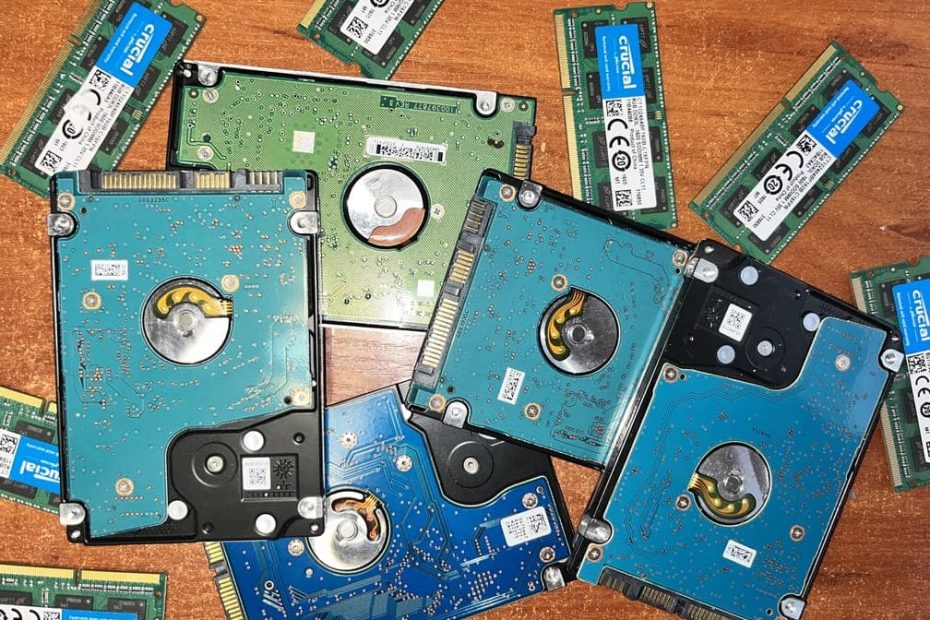Hard disks are the main data storage systems used in computers. No matter how reliable they are, they can and do fail over time. When a hard drive fails, it often causes computer performance problems and even prevents the user from accessing files stored on the drive. Hard drive failures can occur for a number of reasons, including physical damage, power surges, overheating, electronic component failures and age-related wear and tear.
Recovering data from failed hard drives can be complex and requires special knowledge and tools. Professional data recovery services are available to help you recover lost files, but they can be expensive. Fortunately, there are a number of steps that can be taken to reduce the risk of hard drive failure and avoid expensive data recovery services.
The first step is to regularly back up all important files on your hard drive. With a backup, if the drive fails, the user does not have to worry about how to restore their files. It is also important to keep track of the status of the hard disk. Monitoring the performance of the drive with applications such as HD Tune can give early warning of problems that may need to be repaired or replaced. Finally, it is important to properly maintain your hard drive and keep it free from dust and dirt that can cause overheating.
By following these steps, users can help prevent hard drive failure and maintain reliable access to their data. By taking regular backups and monitoring your hard drive's performance, you can ensure that your files remain safe even in the event of an unexpected failure.

